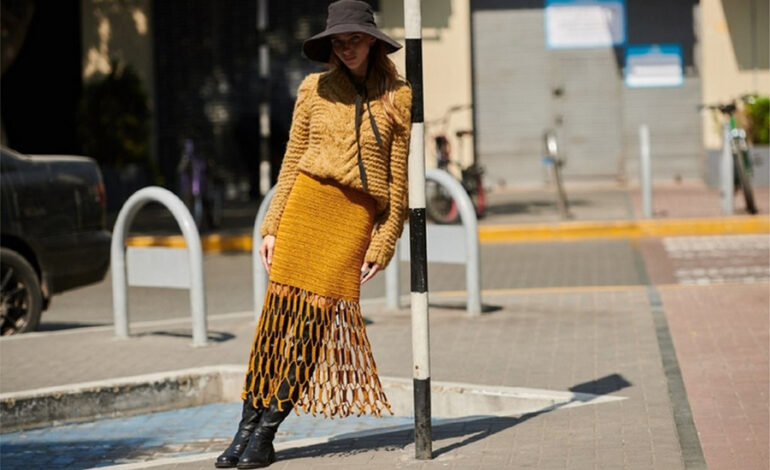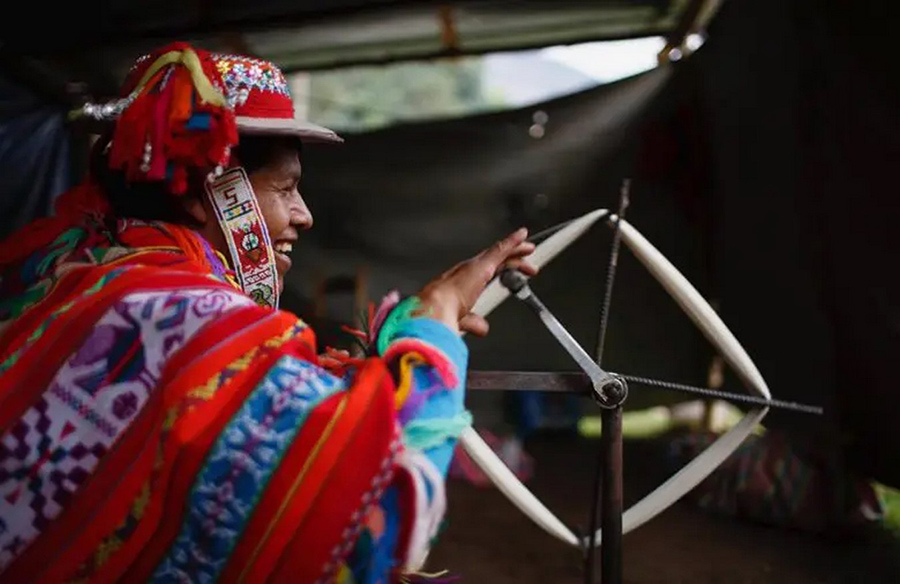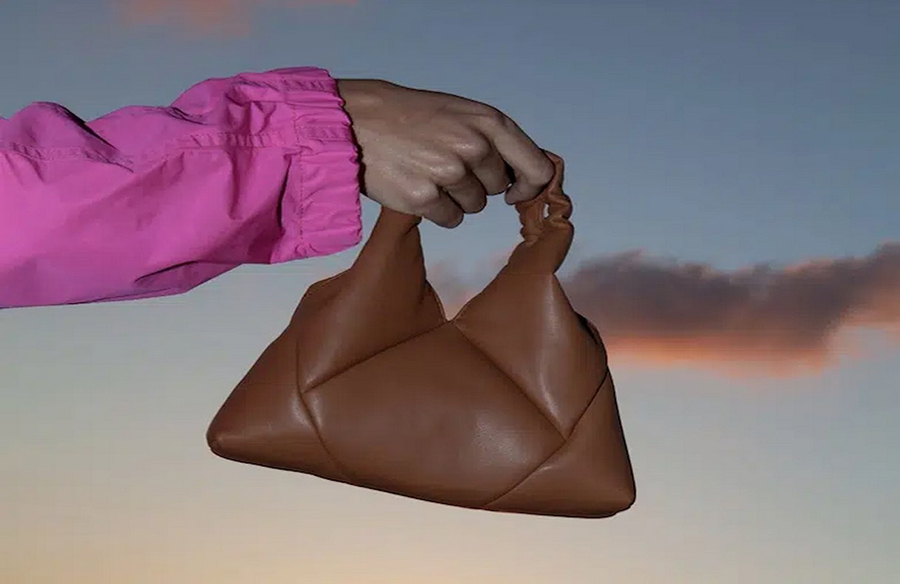Discovering Ethical and Sustainable Fashion in Latin America

Introduction
Latin America, known for its vibrant culture, diverse ethnicities, and rich traditions, extends its influence into the realm of fashion. With a profound connection to nature, culture, and local economies, the region’s fashion industry thrives on high-quality raw materials and ancient textile traditions. While Latin American communities boast diverse languages, customs, and aesthetics, conscious fashion enthusiasts are drawn to commonalities that make this region a treasure trove for sustainable and ethical brands.
Exploring Sustainable Fashion in Latin America
Latin America, particularly Peru, stands as a hub for coveted fabrics like Pima cotton, wool, and alpaca. Pima cotton, prized for its softness, is harvested in the coastal valleys of northern Peru. Alpaca, a biodegradable natural fiber, and Vicuña wool, considered the “cloth of gold,” add luxury to the textile landscape. These materials reflect a commitment to sustainability, with some, like Vicuña wool, rooted in historical exclusivity.
Preserving Ancient Techniques
Many Latin American brands take pride in preserving ancient techniques passed down through generations. Weaving, hand dyeing, and hand spinning are revered art forms, often serving as primary sources of income for families. Modernizing these cultural traditions, brands provide artisans access to global markets, creating high-quality, handmade pieces that endure the test of time.
Embracing Natural Dyes
The history of coloring textiles with natural dyes in Latin America is extensive, with places like Oaxaca, Mexico, renowned for indigenous villages using plant and insect dyes for over a millennium. Brands in the region strive to uphold these ancient techniques, steering clear of synthetic dyes due to environmental and health concerns. Natural dyes derived from leaves and flowers, such as turmeric and urucum, contribute to both textile production and end consumer value.
Mindful Packaging Practices
A crucial aspect of sustainable fashion is packaging. Latin American brands emphasize FSC-certified paper over plastic, non-toxic dyes like soy, and compostable packaging. Some brands even utilize eucalyptus wood, cotton, and water-based dyes for packaging, aligning with the ethos of minimizing environmental impact.
Certifications and Ethical Practices
Navigating the realm of sustainable fashion requires a discerning eye for certifications like Fair Trade, USDA Organic, or GOTS. Brands adhering to ethical supplier practices and certifications like The Responsible Alpaca Standard (RAS) prioritize animal welfare and responsible land management.
Highlighting Latin American Brands
Here are some notable Latin American brands that embody sustainable and ethical practices:
- VOZ
Founded in 2012, VOZ is a B Corp-certified ethical fashion company that collaborates with marginalized women, offering them design leadership and economic opportunities.
- Gabriela Hearst
Launched in 2015, Gabriela Hearst’s luxury label focuses on conscientious materials, biodegradable packaging, and a commitment to plastic-free initiatives.
- Zero + Maria Cornejo
Chilean fashion designer Maria Cornejo’s collections showcase timeless designs manufactured in NYC with a focus on eco-friendly fabrics.
- Selva Negra
Founded in 2016, Selva Negra, owned by Kristen Gonzalez, embraces ethical practices in size-inclusive apparel, produced entirely in Downtown Los Angeles.
- Osklen
Osklen, a Brazilian brand, adopts an ‘As Sustainable As Possible, As Soon As Possible’ philosophy, experimenting with natural dyes and sustainable materials.
- Carolina K
Argentinian designer Carolina Kleinman’s lifestyle brand focuses on preserving indigenous traditions, with pieces handmade by artisans in remote areas.
- Armando Takeda
Based in Mexico, Armando Takeda collaborates with artisans, merging ancient techniques with high-quality fabrics to create desirable high-fashion pieces.
- Ayni
A Peruvian-Danish brand, Ayni combines minimalist modernism with artisanal production, using native textiles of alpaca and Pima cotton.
- Calmo
Uruguayan brand Calmo collaborates with local artisans, preserving traditional craftsmanship and utilizing natural materials in capsule collections.
- Collectiva Concepcion
Based in Mexico, Collectiva Concepcion is a socially conscious luxury brand creating feminine apparel rooted in Mexican design, supporting women-led micro-economies.
- Escvdo
Peruvian brand Escvdo honors its heritage by employing ancestral weaving techniques in the creation of modern, elegant designs, promoting fair trade and women artisans.
- Recreo San Miguel
New York-based Recreo San Miguel is committed to craftsmanship, sustainability, and positive social change, paying homage to the Serape region’s ancestral garment.
- MZ
American-owned MZ is a fair trade brand designing hand-dyed and handwoven bags and accessories, connecting Zapotec textiles with socially conscious consumers.
- Entreaguas
Founded in 2013, Entreaguas is a Colombian swimwear brand incorporating artisan techniques to create wearable art, crafted by single mothers.
Conclusion
Latin America’s fashion landscape is a tapestry woven with sustainability, ethics, and cultural heritage. These 14 brands showcase a commitment to preserving traditions, empowering artisans, and redefining fashion by embracing conscious and sustainable practices. As consumers, embracing these brands allows us to not only indulge in stylish attire but also contribute to a more sustainable and equitable fashion industry.









